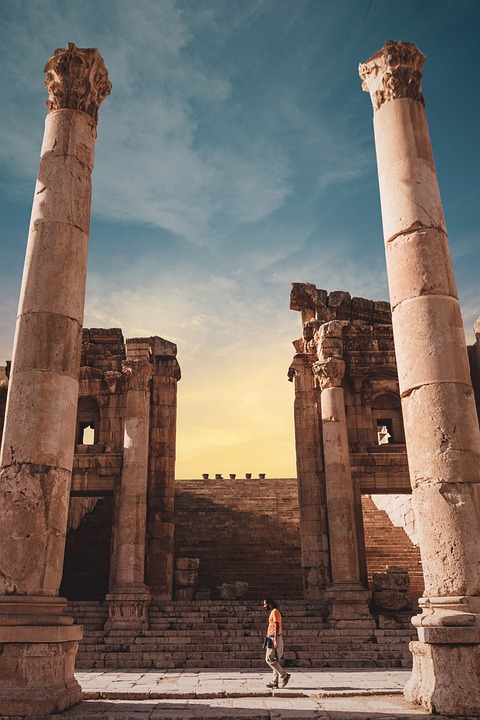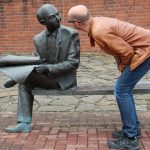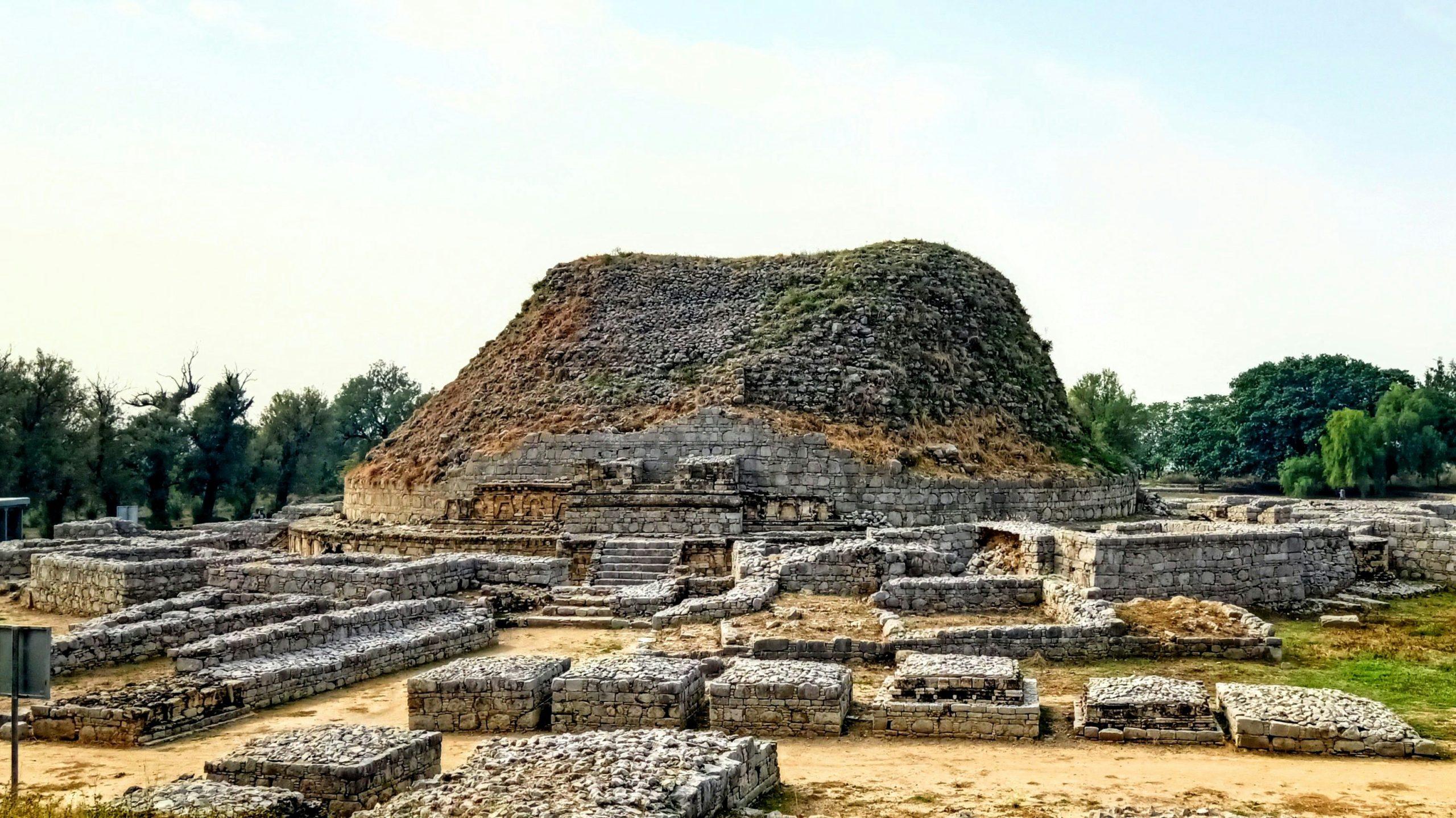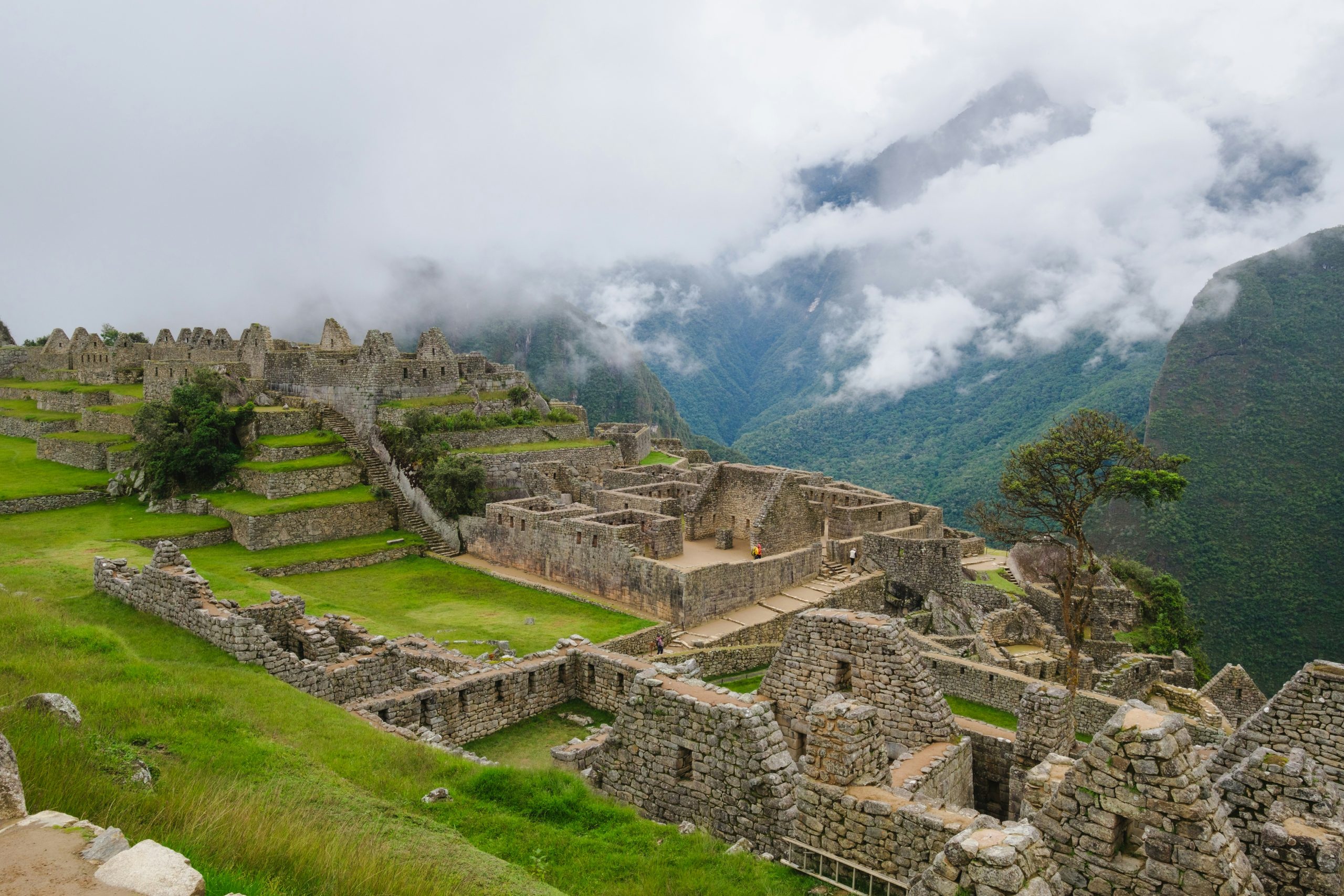[ad_1]
From ancient civilizations to modern-day innovations, history is filled with intriguing facts and hidden secrets that continue to fascinate us. Whether it’s uncovering the mysteries of the pyramids or delving into the lives of famous figures, there is always something new to learn about the past. In this article, we will explore some of the most intriguing historical trivia that will blow your mind.
The Great Wall of China Was Not Built in a Single Lifetime
One of the most iconic structures in the world, the Great Wall of China stretches over 13,000 miles and was not built in a single lifetime. Contrary to popular belief, the wall was constructed over several centuries by various Chinese dynasties to protect against invasions from northern tribes. The construction of the Great Wall began as early as the 7th century BC and continued through the Ming Dynasty in the 17th century.
Cleopatra Was Actually Greek
Despite being one of the most famous Egyptian rulers, Cleopatra was actually of Greek descent. She was a member of the Ptolemaic dynasty, which was established after the death of Alexander the Great. Cleopatra was known for her intelligence, charm, and political savvy, and she famously aligned herself with Julius Caesar and later Mark Antony in her quest to maintain power.
The Library of Alexandria Held the Knowledge of the Ancient World
The Library of Alexandria was one of the most famous libraries in the ancient world and held a vast collection of knowledge. Founded in the 3rd century BC, the library housed works from great scholars and philosophers of the time, including Aristotle, Plato, and Euclid. Unfortunately, the library was destroyed in a series of fires and invasions, and much of its knowledge was lost to history.
The Mayans Used a Complex System of Mathematics
The ancient Mayans were known for their advanced knowledge of mathematics and astronomy. They developed a complex system of mathematics that included the use of a base-20 numbering system and the concept of zero. The Mayans also created a highly accurate calendar that predicted celestial events with great precision, including solar and lunar eclipses.
Leonardo da Vinci Was a Multifaceted Genius
Leonardo da Vinci is often considered one of the greatest geniuses of all time. Not only was he a talented painter and sculptor, but he was also an inventor, scientist, mathematician, and engineer. Da Vinci’s notebooks are filled with sketches and ideas for inventions such as flying machines, submarines, and even a rudimentary form of the helicopter.
The Rosetta Stone Unlocked the Secrets of Ancient Egypt
The discovery of the Rosetta Stone in 1799 was a breakthrough in understanding the hieroglyphic script of ancient Egypt. The stone, which contains a decree issued by King Ptolemy V in 196 BC, was inscribed in three different scripts: Ancient Egyptian hieroglyphs, Demotic script, and Greek. This allowed scholars to translate the hieroglyphs for the first time and gain a deeper understanding of Egyptian history and culture.
The Vikings Were Skilled Navigators and Explorers
The Vikings were a fearsome group of warriors who also excelled in navigation and exploration. They were skilled sailors who traveled throughout Europe and beyond, reaching as far as North America around the year 1000 AD. The Vikings established settlements in Iceland, Greenland, and even briefly in North America, centuries before Christopher Columbus set foot in the New World.
The Titanic Sank Due to a Series of Preventable Errors
The sinking of the Titanic in 1912 was one of the deadliest maritime disasters in history, resulting in the loss of over 1,500 lives. The ship struck an iceberg in the North Atlantic Ocean and sank within hours. However, the disaster was not solely due to the iceberg – a series of errors and miscommunications by the crew and officers contributed to the tragedy, including a lack of adequate lifeboats and a failure to heed iceberg warnings.
The Berlin Wall Divided a City and a Nation
The Berlin Wall, built in 1961 by the East German government, divided the city of Berlin and symbolized the division between East and West during the Cold War. The wall was a physical barrier that separated families and friends, and its construction was a stark reminder of the ideological differences between the communist East and democratic West. The fall of the Berlin Wall in 1989 marked the end of the Cold War and the reunification of East and West Germany.
In conclusion, history is filled with fascinating facts and hidden secrets that continue to captivate us. From the Great Wall of China to the mysteries of Cleopatra, there is always something new to discover about the past. By exploring these intriguing historical trivia, we gain a deeper understanding of the world we live in and the people who came before us. So next time you find yourself pondering the mysteries of the past, remember that the secrets of history are waiting to be uncovered.
[ad_2]






